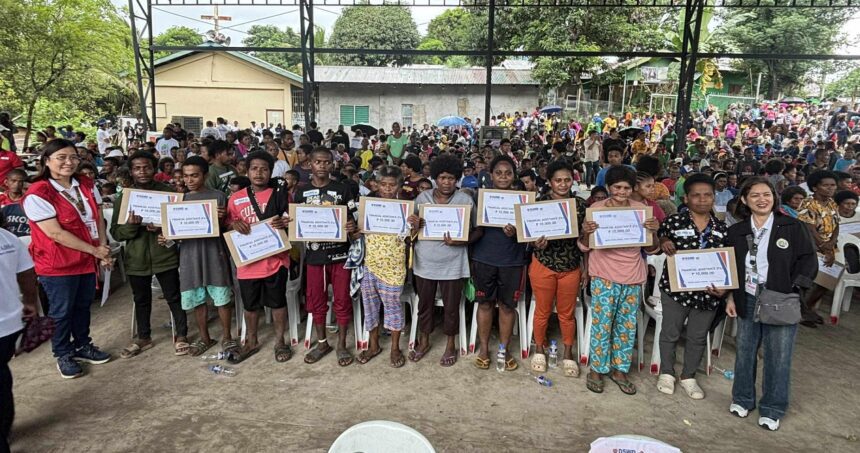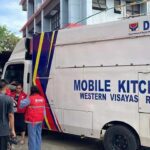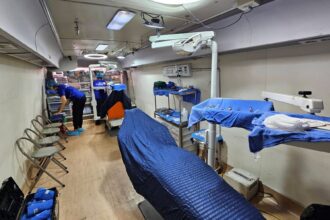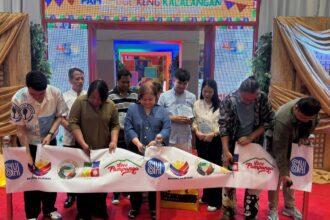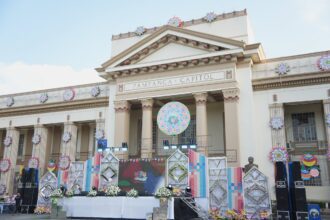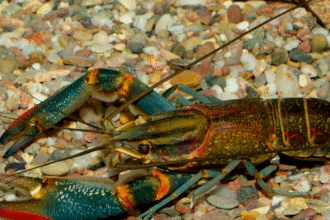PORAC, Pampanga — For Aeta communities in Porac, the rhythmic sound of carabao hooves and the gleam of new farm tools signal hope for a better and more sustainable future.
Through the Pag-abot Program of the Department of Social Welfare and Development (DSWD), around 60 Aeta families from Barangay Planas received carabaos and essential farm implements such as carts and hoes.
Institutionalized under Executive Order No. 52 signed by President Ferdinand R. Marcos Jr., the initiative seeks to empower indigenous peoples by supporting sustainable farming practices and helping them move away from street-based livelihoods.
For farmers like Cecille Garcia, a mother of nine, the assistance brings relief and renewed energy to their daily work.
“Before, we used to carry our harvests by hand, but now our carabao can help us transport them. We’re very thankful to the President for this assistance. It really lightens our workload, especially during rainy days,” Garcia said in Filipino.
The 60 recipients make up the program’s first batch, with 52 more families expected to receive carabaos soon. In addition, 410 beneficiaries were granted ₱10,000 financial aid each to help meet basic needs and support their families.
Beneficiary Lina Rubi expressed gratitude for the financial assistance, saying it would help with food expenses and her child’s school allowance.
“Thank you very much to the President. This is a huge help for our family,” Rubi said.
During the distribution, President Marcos reaffirmed his administration’s dedication to uplifting farmers and indigenous peoples.
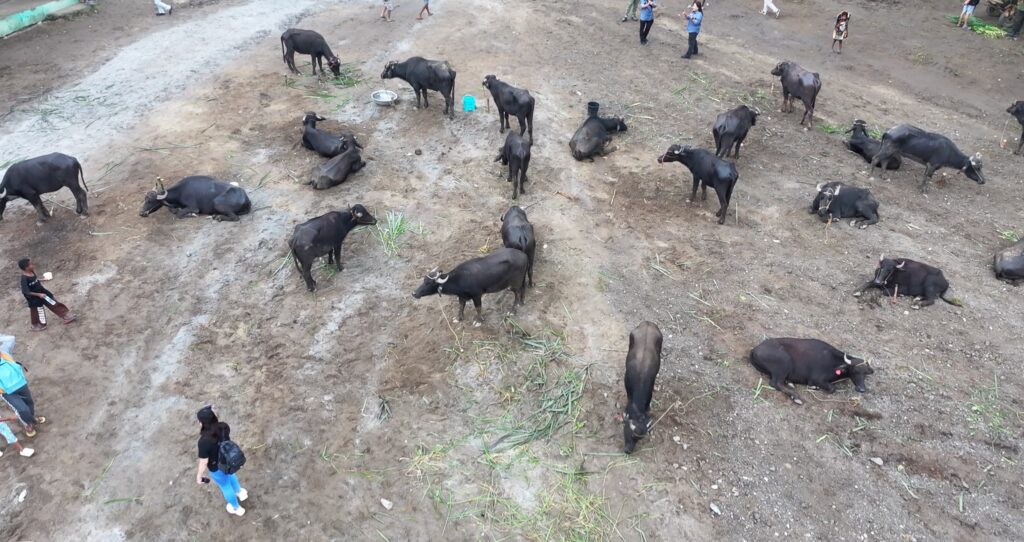
“Supporting your livelihood in farming is essential. When you cultivate the land, you not only feed your families but also help feed the nation,” he said.
He also highlighted the continuing importance of the carabao in Philippine agriculture despite technological advancements.
“Even with modern machinery, the carabao remains vital to our farms. That’s why we’re also providing farm tools to make your work easier,” the President added.
The Chief Executive assured that the government will continue assisting vulnerable sectors to help them achieve lasting progress.
“This is only part of our long-term efforts. Our goal is for every Filipino family to experience a better quality of life,” he said.
Originally launched in Metro Manila, the Pag-abot Program has now expanded to Central Luzon and CALABARZON, with nationwide implementation expected by 2025.
In Pampanga, the program’s livelihood assistance component gives Aeta families not only the means to farm but also the opportunity to build a dignified and self-sufficient future.
For the Aetas of Porac, each furrow plowed represents not just the planting of crops, but the sowing of hope, progress, and dignity.
(Source: Philippine Information Agency – Region 3 Pampanga)





